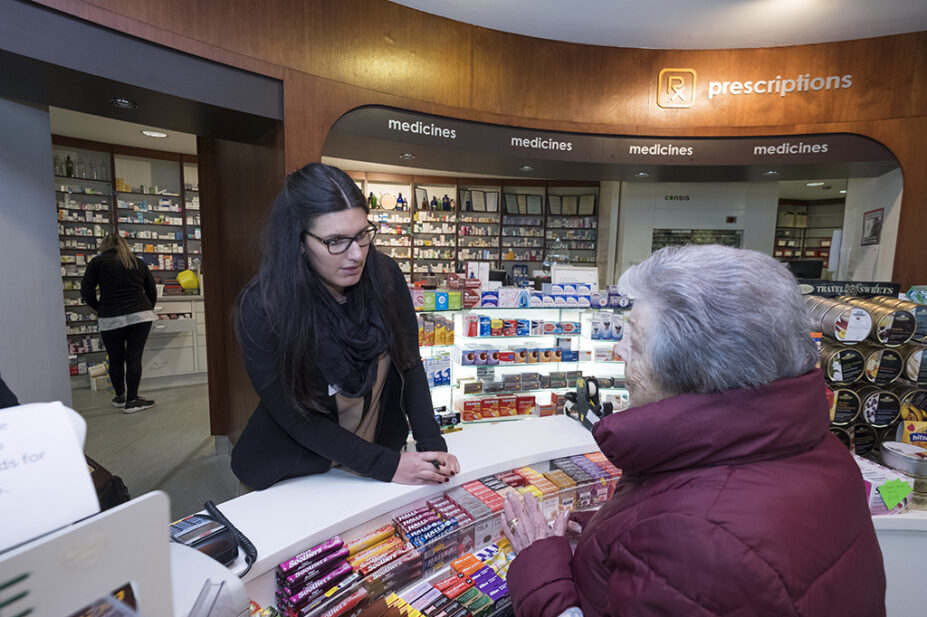
LEWIS HOUGHTON/SCIENCE PHOTO LIBRARY
Nearly half of adults in the UK have experienced difficulties obtaining their prescribed medicines, a survey commissioned by the British Generic Manufacturers Association (BGMA) has revealed.
The representative survey of 2,028 adults, carried out by market researcher Opinium on behalf of the BGMA from 15–17 May 2024, found that 49% of adults reported struggling to receive their prescription in the past two years owing to medication shortages.
More than a third (36%) of respondents attributed the shortages to Brexit, while 33% said the shortages were owing to inflation, and 26% said geopolitical instability and conflict were the cause.
Among those who experienced problems getting their prescriptions, 17% said they went without the medication, while 30% said they travelled to other pharmacies to try and source their medicine.
Respondents reported that medicines supply issues meant pharmacies either did not having the medication in stock (31%) or did not have enough of the medication to fill the prescription (23%).
Commenting on the survey, Mark Samuels, chief executive of the BGMA, said: “Medicine shortages are the tip of a deeper malaise.
“Since signing the trade and cooperation agreement with the EU, the UK has been competing with countries worldwide for supplies of generic and biosimilar medicines; these drugs fulfil the vast majority of prescription treatments for patients.
“For several reasons, multinational companies no longer see the UK as an attractive place to supply and are prioritising other countries in a world of limited stocks,” he added.
“This must change, and the next government needs to stop the complacency surrounding the supply of off-patent medicines and put in place proper policies that ensure we get the medicines we need and continue to benefit from the lowest prices in Europe.”
Claire Anderson, president of the Royal Pharmaceutical Society, said: “Pharmacists are continually warning about the impact of medicines shortages as they spend more and more time sourcing vital medicines for patients.
“Whilst the recent Nuffield Report found that the UK’s exit from the EU has not caused the recent spike in medicine shortages, the medicines supply chain is a key part of UK infrastructure and there are growing calls for reform so that patients can access the medicines they need,” she said.
Monthly data collected by the BGMA, using information from the Department of Health and Social Care, revealed that the number of medicines with supply issues since October 2023 has broadly doubled in the past two years, with many products unavailable for months, and some for more than a year.
The national data, also published on the BGMA supply issue dashboard, reported that 26% of generic medicines have been in short supply for more than 12 months, and 39% for more than 6 months.
In April 2024, a survey report published by Healthwatch found that 24% of respondents have encountered supply issues from community pharmacies, with a greater proportion of older people experiencing shortages than younger people in the past year — 30% of people aged over 65 years, compared with 15% of people aged 18–24 years.


